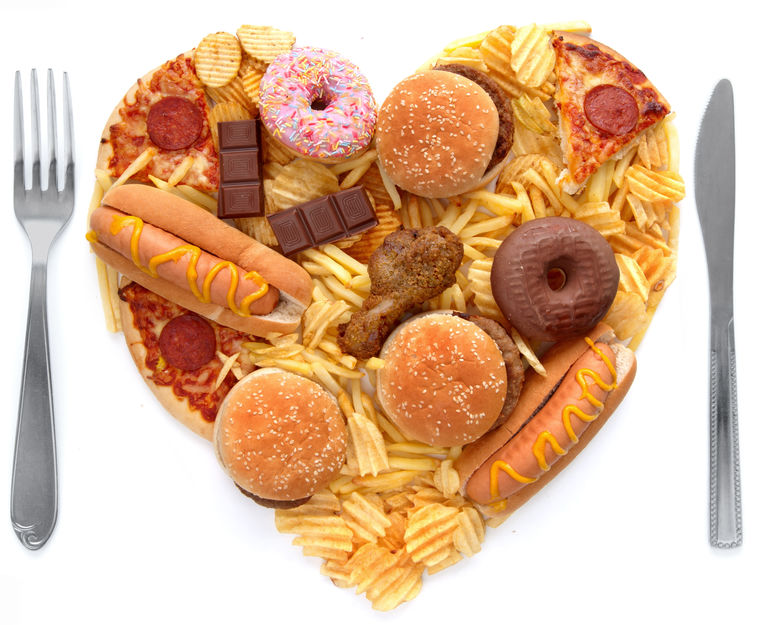How to lose and keep weight off is one of the most frequently asked questions. As a Certified Nutritionist and Weight Loss Specialist, I steer my clients away from unhealthy fad calorie-deprivation diets and focus on long-term behavior change.
Not only are fad diets unhealthy from a nutritional standpoint, but they never lead to sustained change because we can’t keep starving ourselves forever.
Another bad road to go down is one that focuses solely on calories without regard to what type of foods we are consuming. Not all calories are created equal.
Here’s what the experts have to say:
How to Lose and Keep Weight Off for Good
Wondering how to lose and keep weight off? Does the route to sustained weight loss lie in the latest fad diet or counting calories?
Frustrated because you’ve been eating clean, wholesome food but still aren’t losing weight? That Instagram-friendly bowl of acai berries and granola topped with cashew butter may be one of the culprits – as could that peanut butter smoothie. Three tablespoons of peanut butter could take 250 calories or approximately 12.5 per cent from your recommended daily allowance.
You may be eating clean, but you may end also end up eating too much – because the bowl is unlikely to keep you feeling full.
Nathalie Djabrayan, a licensed Clinical Dietitian practicing in the UAE and Lebanon advises:
• Focus on both quality and quantity in order to control your weight.
• If you eat more than your calculated needs you will likely gain weight and mainly fat, regardless of the quality of your meals and diet design.
• Your body requires a certain number of calories derived from nutrient-dense, real foods in adequate portions.
• A mild reduction in the total number of calories helps you reach a healthy weight, causing sustained fat loss, as compared to restrictive and extreme diets which may cause muscle loss.
Farheen Dhinda, Clinical Dietitian at the Dubai Health Authority (DHA), is unequivocal:
• I do not recommend the concept of following any fad diets that do not have a strong scientific basis.
• Diet trends come and go, and end up causing faulty eating behaviors.
• Instead, focus on building a positive relationship with food.
Calories from different foods have different effects
Eating is about more than the amount of energy consumed. The source of the calories plays a major role. For example, compare the effects of consuming 500 calories of vegetables with 500 calories of soda.
Vitoria Tipper, a Nutritionist based in Dubai explains:
• In a lab, both food sources will release the same amount of energy when burned.
• But this isolated system of the laboratory is very different to our bodies, where the foods are processed by our metabolism, where hormones and neurotransmitters are triggered.
• When we consume the vegetables, we keep our blood sugars balanced and we feel fuller, with our appetites being suppressed.
• The soda is a different story: on consuming it, we experience a spike in insulin and a disruption of neurotransmitters leading to sweet cravings, production of pro-inflammatory markers and an increase in fat storage.
• So, to keep a healthy weight it is important to focus on the source of the calories, as well as caloric intake.
Lose the obsession with numbers
As Farheen Dhinda, Clinical Dietitian at the Dubai Health Authority explains:
• While it’s good to have a general idea of how many calories you’re consuming on a daily basis, an obsession with numbers is counterproductive.
• There can be so many negative implications to advising a patient or client to count their calories.
• Often, it may lead to disordered eating behaviors and body image issues among people who may obsessively begin counting calories in every food eaten.
• That approach can cause a lot more harm and psychological damage.
The long-term answer to how to lose and keep weight off is to eat a healthy diet and eat reasonable portions.
Click here to read full article on how to lose and keep weight off.







